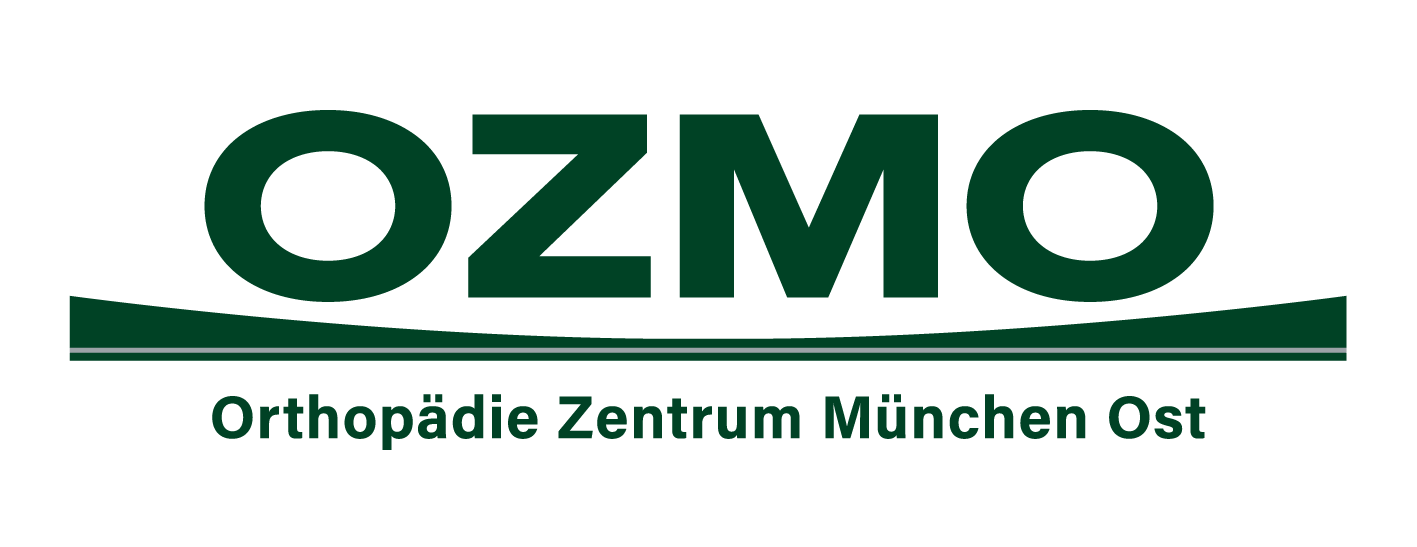OZMO Newsletter – February 2023
EMTT – the new successful therapy, not only for arthrosis
Recently, we have been offering the innovative extracorporeal magnetotransduction procedure, in short – EMTT, at the Orthopädie Zentrum München Ost with great success.
The alternative to invasive surgery for many pain patients may be EMTT in the future. As soon as classic conservative treatment methods no longer respond, we can now use this new, officially recognized therapy at OZMO. In an EMTT, the affected areas are treated with high-energy magnetic pulses. The resulting chemical reactions positively influence cell metabolism and reactivate it. This allows the tissue to regenerate.
The procedure differs from other forms of magnetic therapy by higher oscillation frequency and magnetic field strength. The pulse intensity exceeds that of the earth’s magnetic field by a thousand times and penetrates up to 20 centimeters deep into the tissue. The pulses generate current fields at the cell membranes and directly affect the metabolism of the damaged cell. The treatment is performed on an outpatient basis and is completely painless.
Sports injuries and inflammation of tendons and joints can also be treated effectively. OZMO experts have already achieved amazing treatment results. Please feel free to contact us about this new type of therapy.
You ask-We answer: Vitamin D Yes or No?
Again and again, patients ask us about taking vitamin D, especially in the winter months. Most people suffer from a deficiency of the sun vitamin, especially in our latitudes. Nobody can do without vitamin D. It ensures that the body can absorb calcium and incorporate it into the bones. Osteoporosis can also be a result of too little vitamin D. In elderly patients, too low a level increases the risk of falls and fractures. The immune system also benefits from an optimal vitamin D level. But how high should this be? Researchers are not yet in agreement about this; professional societies such as the German Society for Nutrition recommend that adults consume 20 micrograms of vitamin D per day, 800 international units, during the winter months. Higher intakes should always be taken under medical supervision and in consideration of the body’s own levels. This can be determined easily by taking a blood sample.
If you have any questions, please write to us at: m.brunckhorst@oz-mo.de





